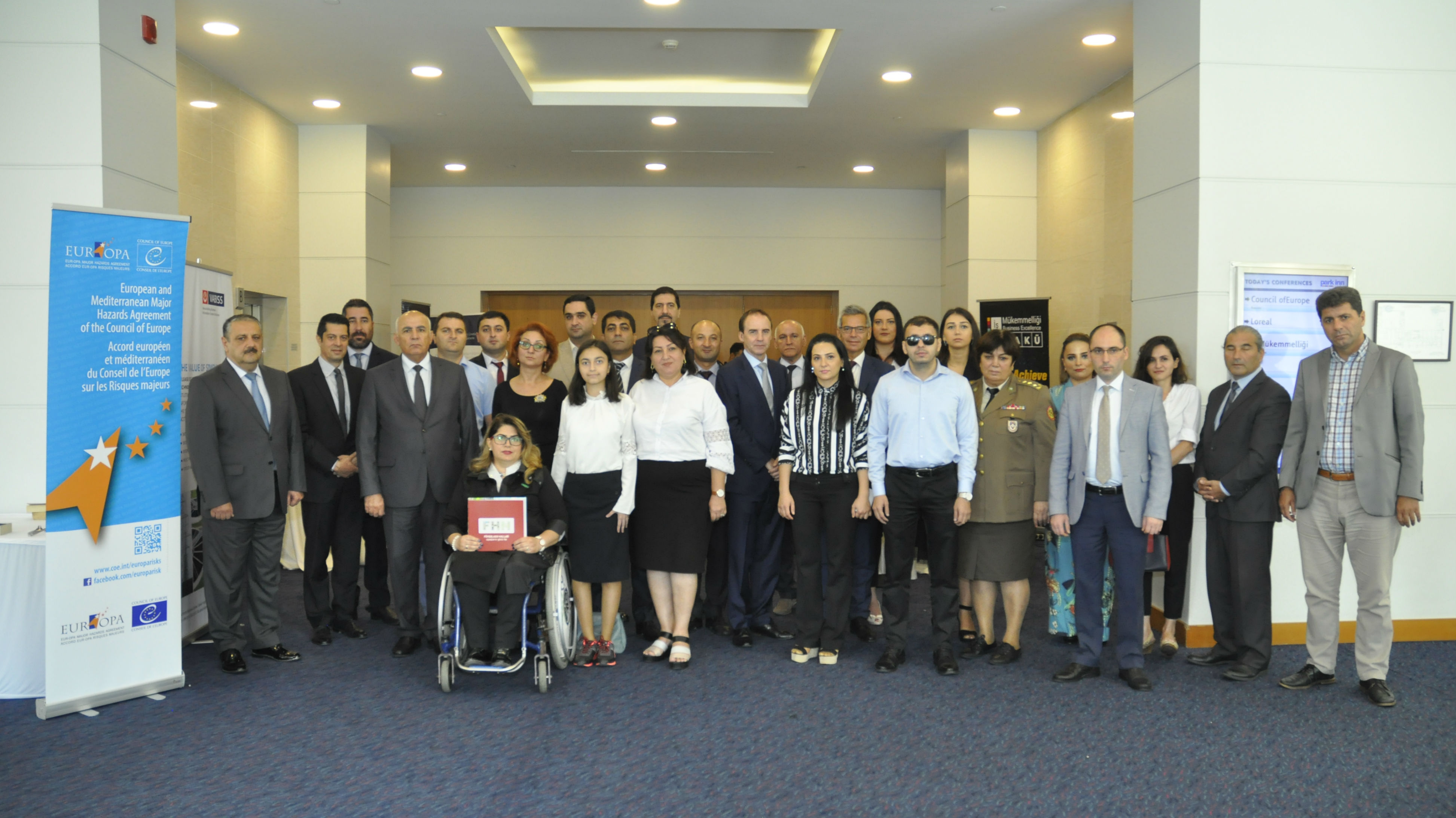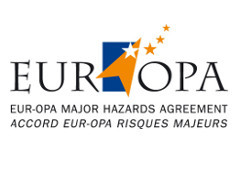Workshop on Inclusion of Vulnerable Groups in Disaster Risk Reduction

The workshop was co-organised by the Ministry of Emergency Situations of the Republic of Azerbaijan and the EUR-OPA Major Hazards Agreement.
The participants included, local stakeholders and NGOs, IOM, UNICEF, academia as well as international experts. It built on growing international attention on issues related to human mobility, protection of human rights and the environment. The 2015 Sendai Framework for Disaster Risk Reduction (SFDRR) has explicitly called for the inclusion of migrants in DRR the policies and practices of their host countries and communities.



